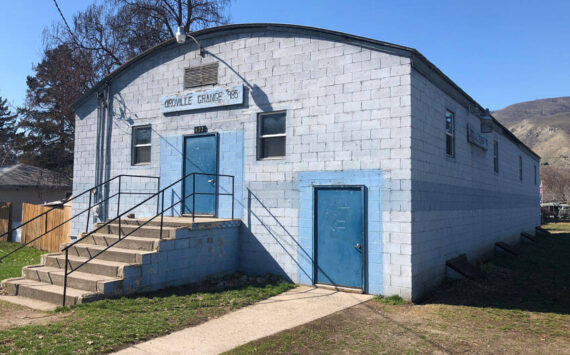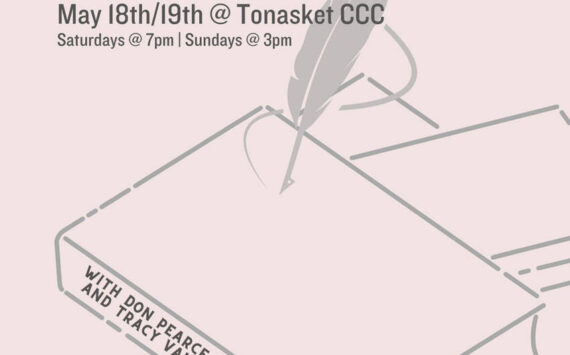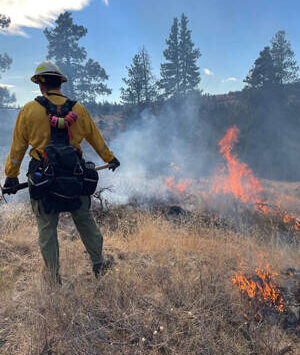City eligible for more street funding
OROVILLE – Oroville has been leaning toward not allowing marijuana retail stores, grows or processing within the city limits and learned at the Jan. 21 council meeting that the city would be within its rights to do so.
Although no final decision on a ban was made, the council learned that the state Attorney General’s office has concluded that counties and cities may ban the location of a Washington State Liquor Control Board licensed marijuana producer, processor or retailer within their jurisdiction. The AG’s opinion stated that Initiative-502, which legalized the recreational use of marijuana, did not include language that disallowed such prohibitions.
At past meetings the council showed concern that although recreational marijuana was legalized by the state initiative it remained illegal under federal law and could potentially jeopardize opportunities for federal grants and other monies.
“The Attorney General’s report said nothing in state law says local jurisdictions can’t ban marijuana retail establishments,” said city clerk Kathy Jones.
Councilman Jon Neal said despite the AG’s opinion, no one has challenged any bans against the stores as of yet, referring to a group that is trying to get municipalities that want to ban marijuana stores and grows to join together to fight any legal challenge.
“It’s pretty hard to fight something that has yet to be established,” said Neal.
Possible Street Grant
Rod Noel, head of the public works department, discussed the upcoming state STP (Surface Transportation Program) grant application period. He requested approval for the city to submit an application for resurfacing and sidewalk upgrades on Central Avene and Ridge Drive, starting at Main Street and going west to the city limits. Engineers have estimated that the cost to do so would be $494,828, with $428,026 requested from STP and a 13 percent match from the TIB (Transportation Improvement Board).
“The grant would pay for an overlay and to bring the road up to federal standards. Roads that are eligible are considered minor collectors, like the one that connect to Highway 97 like the one that goes up to Nighthawk and Cherry and Central and 12th Street which goes out to County 7,” said Noel.
The city will be using a TIB grant this summer to resurface Central, going east of Main, and Cherry Street, as well as make improvements to the water line, according to Noel.
Dust at Bin Lot
The council also readdresses the dust problem at the lot on the south end of town where apple bins are stored when not in use. The property owner, as well as representatives from Gold Digger Apples met to discuss the complaints that have been received as well as photos taken of the problem by neighbors.
“They agreed that obviously more needs to be done,” said Jones. “It was suggested that when a problem happens to take photos and to let city hall know. We now have Jim Prince’s cell phone number to call him if need be.”
Jones said staff also discussed the possibility of moving the bins.
“That didn’t seem to be something they want to do. They said they are going to make a lot better effort; perhaps install irrigation and shale and to make a better entrance and exit to the property at specific points.”
Mayor Speith said that a well was discovered on the property that could possibly be developed so Gold Digger doesn’t have to truck water. There was also discussion about the “walls” that have been built out of old bins to try and block the wind.
“You know as much property as they have there they don’t have to stack them quite so high. With Jon (Neal) it’s dust, with me I totally lose my view of the mountains with all those crappy bins there,” said Councilman Ed Naillon, who lives west of the lot.
Councilman Neal lives to the south of the lot.







